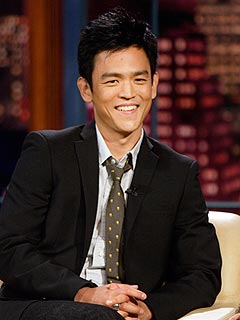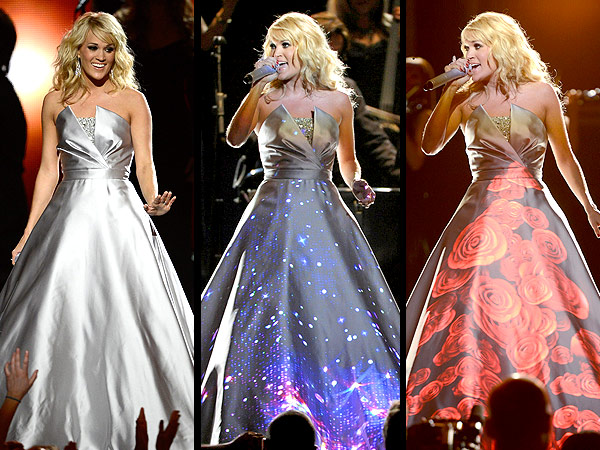WASHINGTON/BEIJING (Reuters) - A North Korean nuclear test draws international condemnation, modest U.N. sanctions and expressions of hope in the United States that China will finally rein in its brazen ally.
Beijing chides North Korea, but nothing much happens.
The world has seen this movie before and it's likely to witness another rerun after North Korea's third nuclear test on Tuesday.
Beijing has always been loath to back harsh sanctions on North Korea, fearing it could lead to upheaval in the unpredictable nation on its doorstep. Now, threatened by the U.S. military's "pivot" to Asia, Beijing is even less likely to fall in line with Washington's position on North Korea.
"The more the United States rebalances its forces in the Western Pacific, the more China has to give leeway in regulating its relationship with North Korea," said Shen Dingli, a regional security expert at Shanghai's Fudan University.
And North Korea is exploiting the current high levels of Sino-American mistrust.
China's initial reaction to the test - that it was "strongly dissatisfied and resolutely opposed" to the North's move - suggested Beijing's new leadership would not crack down on its isolated neighbor, with whom it shares a long border and rising trade.
And the remarks were tepid compared with tough warnings in some state-run Chinese media, including hints of aid cuts, that preceded the explosion.
Foreign policy experts in China say Beijing's priorities differ from those of the United States and allies South Korea and Japan. Instability on a sensitive border is a greater immediate concern than the North Korean nuclear problem.
"China has always been worried that North Korea could collapse quickly," said Zhu Feng, a professor of international studies at Peking University.
"It could be a refugee issue, or civil unrest, or military confrontations. That is why China has been hesitating," he said.
In addition to providing undisclosed amounts of food and fuel to keep North Korea afloat since a mid-1990s famine killed more than a million North Koreans, Beijing has stepped up trade and investment.
China-North Korea trade rose an annual 24.7 percent to $3.1 billion in the first half of 2012, while the 2011 figure of $5.7 billion was a 62.4 percent gain over 2010. Beijing is also thought to take a generous - to Pyongyang - view of what constitutes "luxury goods" under a U.N. sanctions resolution banning exports of such items to North Korea.
PUSH TO THE WALL
"Not only are there many other ways China provides economic support to North Korea, but Beijing is not going to push the regime to the wall, because they don't want a war and they don't want a change to the status quo that favors the U.S.," said Stephanie Kleine-Ahlbrandt, the Beijing-based Northeast Asia director for the International Crisis Group.
In a foreshadowing of how difficult negotiations over new sanctions will be, diplomats at the United Nations said China initially bristled on Tuesday at the wording in a U.N. Security Council draft statement that the nuclear test was "a clear threat to international peace and security".
Eventually, Beijing came around.
Asked about China's measured initial response, State Department spokeswoman Victoria Nuland said it was early days in diplomacy. Beijing's influence on North Korea is the reason "it's so important for us to stay closely linked up with China and why the secretary's made it a priority to work well with his new Chinese counterpart", she said, referring to new U.S. Secretary of State John Kerry.
But U.S. leverage on the issue may have been blunted by U.S. President Barack Obama's own policies. Obama's "pivot" of strategic focus and military assets to the Asia-Pacific, seen in Washington as a necessary correction after a decade of U.S. wars in the Muslim world, is seen in Beijing as threatening.
To induce Beijing to get tougher, the United States should invoke the specter of Japan or South Korea arming themselves with nuclear weapons or taking other actions to strengthen their alliances with the United States, said George Lopez, a former U.N. Panel Expert for monitoring North Korea sanctions.
The message should be, "You need to deal with us, Dear Beijing, and create a bilateral leadership framework with the same goals, or all hell breaks loose in an unpredictable way," said Lopez, University of Notre Dame's Kroc Institute for International Peace Studies.
Lopez and other experts also see plenty of scope for the United States to use existing laws to force tighter scrutiny of bank transactions through China to North Korea.
A 2005 move by the U.S. Treasury Department against Banco Delta Asia, a small bank in the Chinese enclave of Macao, which targeted money laundering and counterfeit-currency trafficking, sparked big financial troubles for Pyongyang and spooked Chinese banks who feared getting shut out of the U.S. banking system.
Obama, in his State of the Union address, said the United States would take the lead in responding to threats posed by North Korea. He did not refer to any possible role to be played by China.
"The regime in North Korea must know they will only achieve security and prosperity by meeting their international obligations," Obama said.
"Provocations of the sort we saw last night will only further isolate them, as we stand by our allies, strengthen our own missile defense, and lead the world in taking firm action in response to these threats."
(Additional reporting by Chen Aizhu and Ben Blanchard in Beijing; Louis Charbonneau at the United Nations; Editing by Raju Gopalakrishnan and Mark Bendeich)











